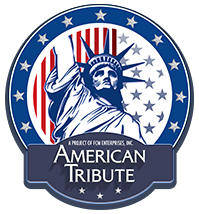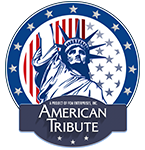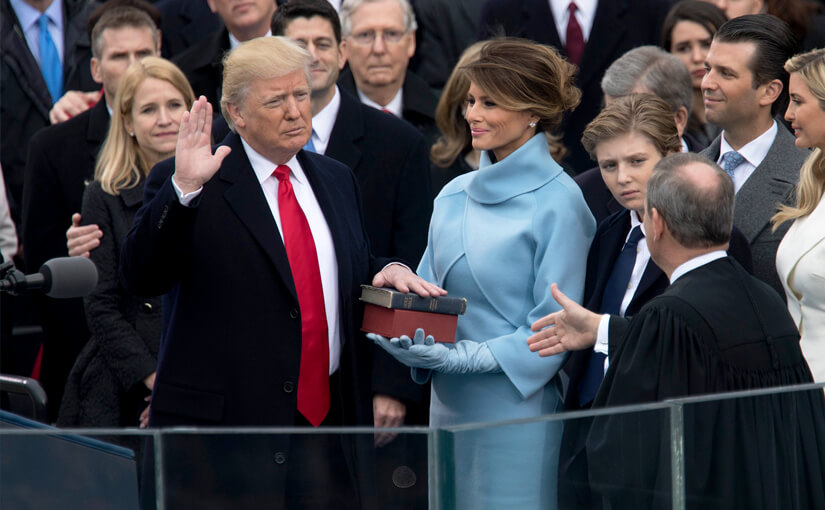- The President
The job of the executive branch is to carry out, or execute, federal laws and enforce laws passed by Congress. The head of the executive branch is the president.
The president is both the head of state and the head of government.
The president’s powers include the ability to sign treaties with other countries and to select ambassadors to represent the United States around the world.
The president also sets national policies and proposes laws to Congress.
The president names the top leaders of the federal departments. When there is a vacancy on the Supreme Court, the president names a new member. However, the Senate has the power to reject the president’s choices. This limit on the power of the president is an example of checks and balances.
** As you prepare for U.S. citizenship, Learn About the United States: Quick Civics Lessons will help you study for the civics and English portions of the naturalization interview. There are 100 civics (history and government) questions on the naturalization test. During your naturalization interview, you will be asked up to 10 questions from the list of 100 questions. You must answer correctly six (6) of the 10 questions to pass the civics test.


